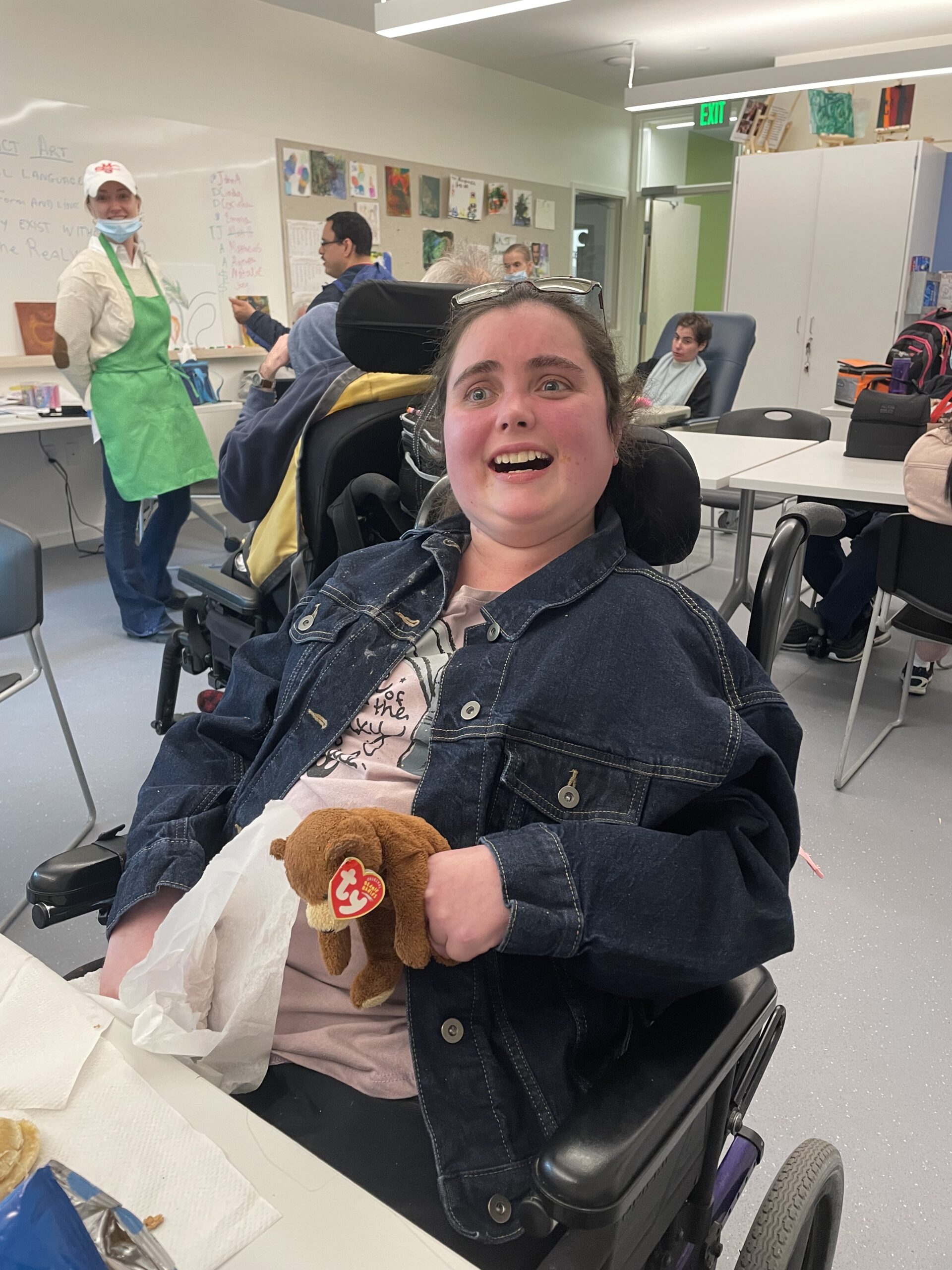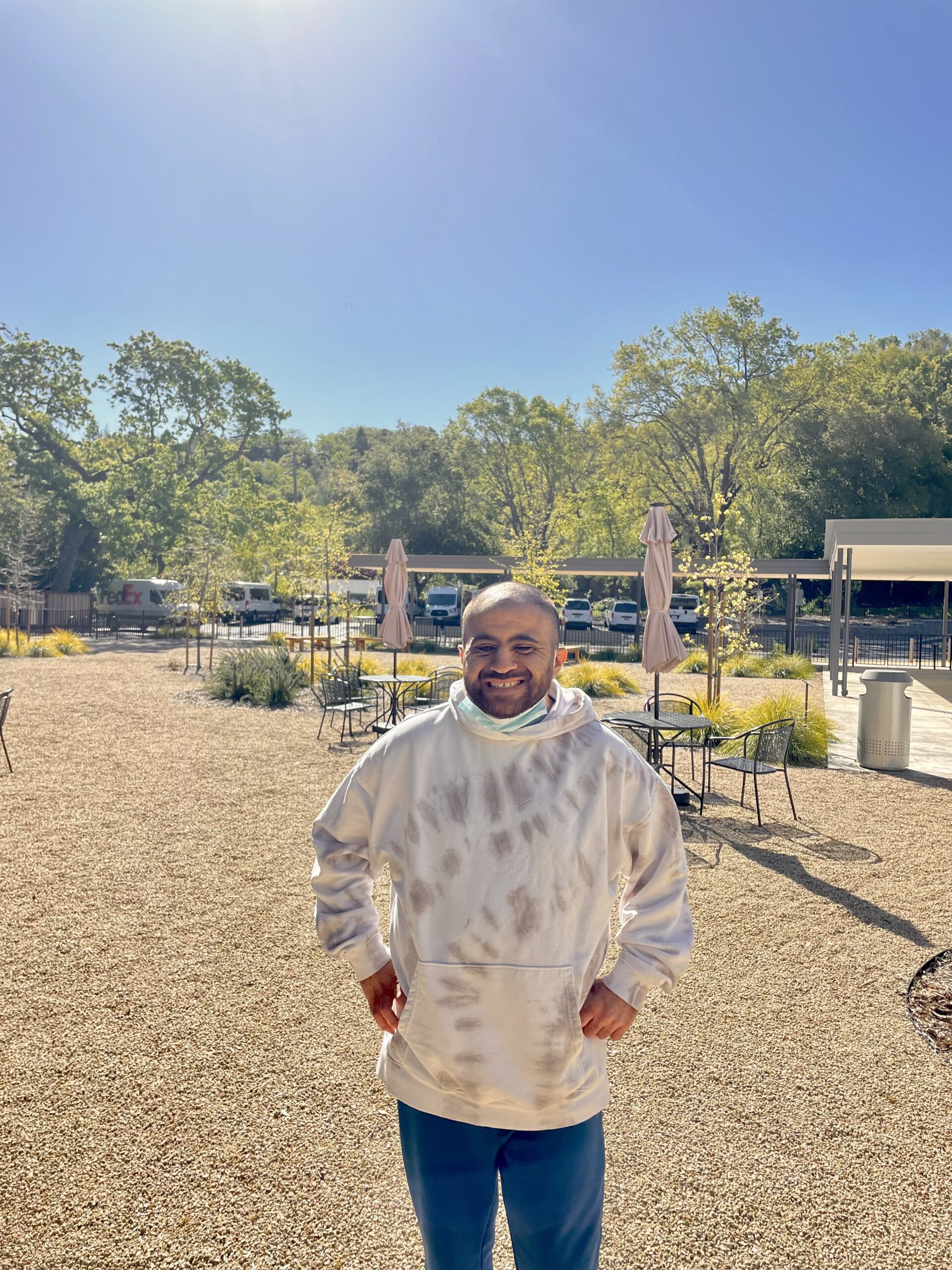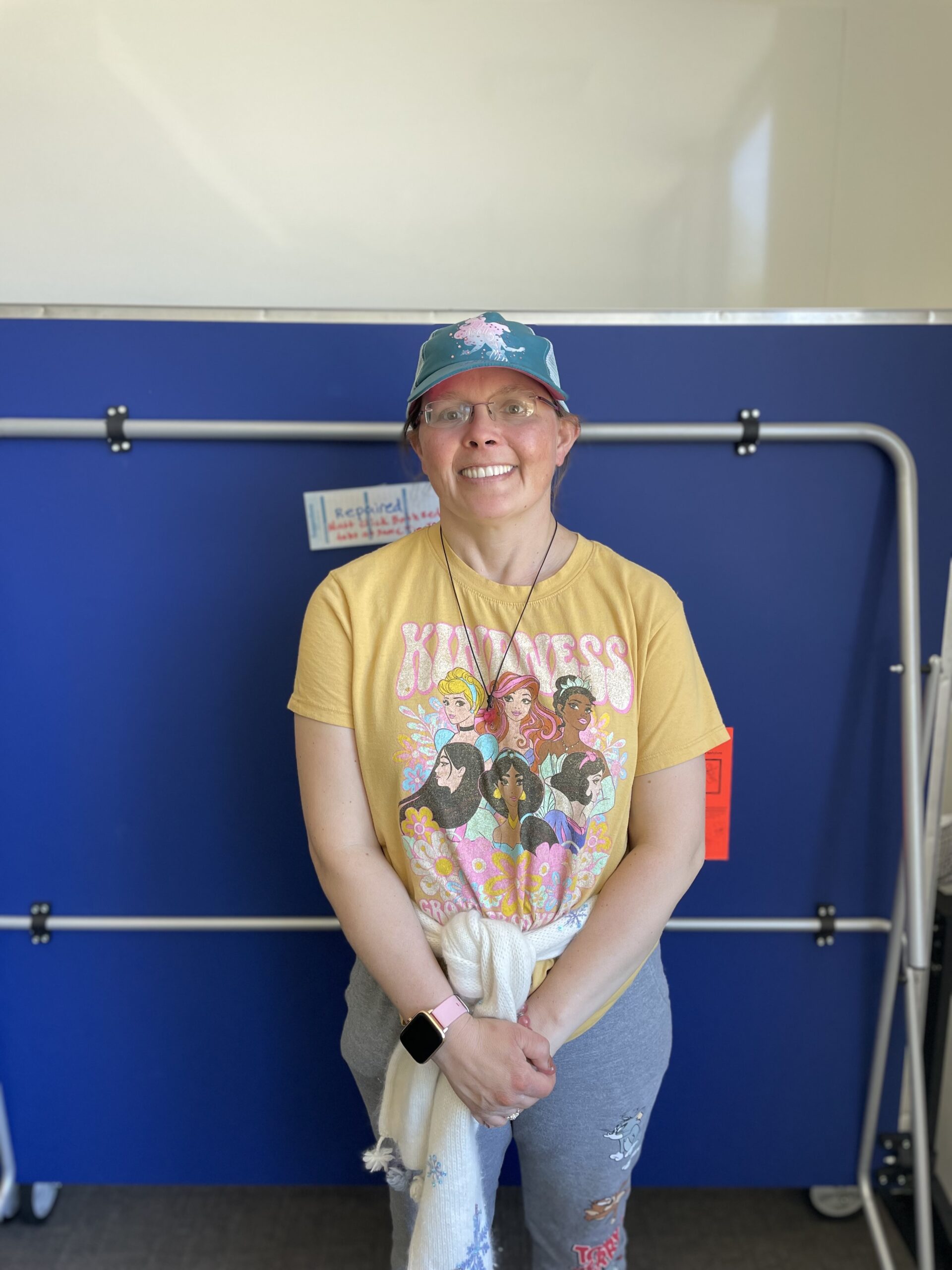The day program is always looking for new worlds to explore. We regularly use local libraries to seek out new sites and organizations we can partner with to help our program participants become more and more engaged in and with their community.
Our memberships at the Lawrence Hall of Science, Chabot Space and Science Center, Blackhawk Museum and Fitness 19 open up worlds of knowledge and experience while teaching us the importance of staying healthy and fit.
Our partnerships with Diablo Valley Bowl, Clayton Valley Bowl, and Danville Bowl give us the opportunity to participate in friendly competition while working on our social skills (e.g., Show a Good Attitude, Follow Directions, Give Positive Feedback). With ramps and bumpers, bowling is an activity open to almost every program participant. It is the first programming choice of many in the community groups.
On a daily basis, there are more than 40 day program participants exploring and engaging with their community. You will find us on the regional trails, at local parks and historical sites, in the shops and fitness centers, in classes and service centers. We volunteer, shop, compete, play sports and games, read, plant and grow, make friends, and, most important of all, we learn from our experiences.
We’re an awful lot like you.



